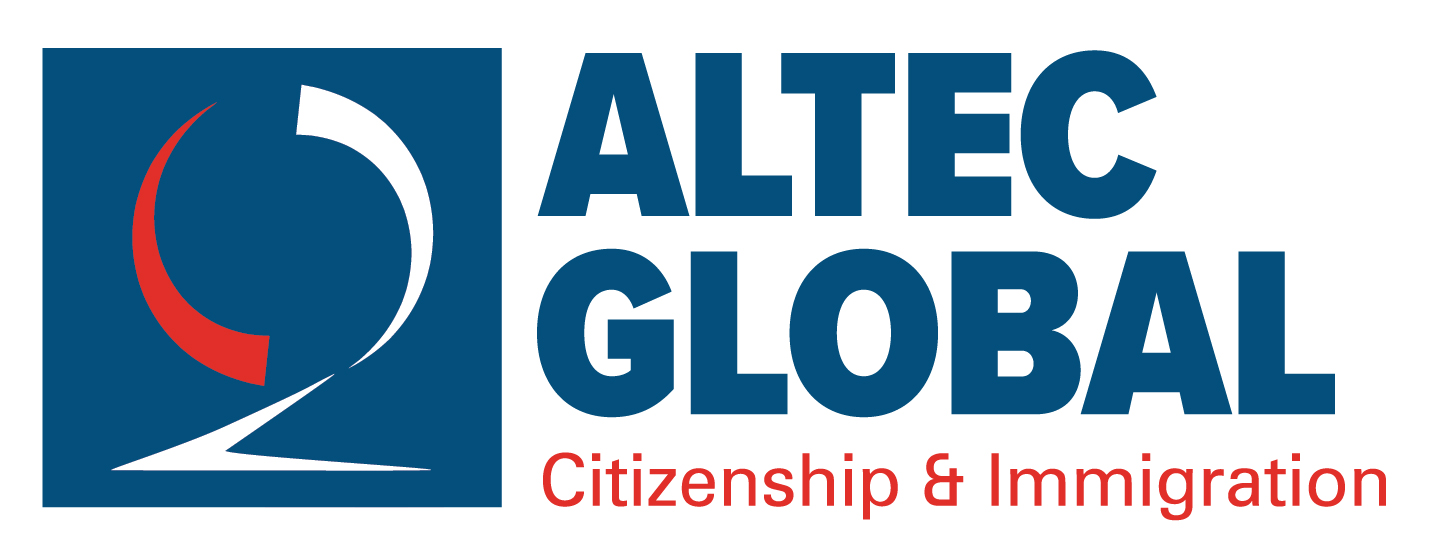Before making the move to New Brunswick, there are key aspects you should be aware of to ensure a smooth transition. This Canadian province, situated on the east coast, is renowned for its natural beauty and cultural richness. As the only officially bilingual province, recognizing both English and French, New Brunswick offers a distinctive living experience. Here’s a comprehensive guide on essential factors to consider before deciding to relocate.
Housing
Given New Brunswick’s relatively low population density, the three major cities – Saint John, Fredericton, and Moncton – are popular choices for residents. The province boasts a cost-effective real estate market with reasonable rental and purchase prices. To address housing supply challenges, the provincial government has implemented a housing strategy that includes initiatives like rent banks and financial assistance to tenants.
Transportation Options
New Brunswick’s varied landscapes between major cities offer diverse transportation options. Urban public transport, managed by private companies like Codiac Transpo and Maritime Bus, provides organized bus services across the province. However, some residents prefer driving due to occasional challenges with bus schedules. Additionally, fully equipped airports in Fredericton, Saint John, and Greater Moncton facilitate local and international flights.
Employment
New Brunswick presents numerous job opportunities, especially in sectors such as Electric Power Transmission, Gasoline and Petroleum, and Commercial Banking. However, it’s important to note that the annual unemployment rate in the province ranges between 6-9%, slightly above the national average. Major employers include the Government of New Brunswick, Horizon Health Networks, Vitalité Health Network, Walmart Inc., and Irving Oil Ltd. The province anticipates favorable economic outcomes with substantial population growth expected in 2023 and 2024.
Education
The Department of Education and Early Childhood Development oversees New Brunswick’s education system, which is organized into seven school districts based on English or French curriculum. Public and private schools, along with prominent higher education institutions like the University of New Brunswick and Mount Allison University, contribute to a well-rounded educational experience. International students should ensure their chosen institution is a Designated Learning Institution.
Taxation in New Brunswick
Known for its attractive income tax rates, New Brunswick’s income-dependent rates range from 9.4% to 20.3%. The combined provincial and federal tax rate falls between 24.4% and 53.3%. Operating under a Harmonised Sales Tax (HST) system, New Brunswick imposes a 15% tax on goods and services, with rebates and credits available. Check our dedicated webpage for guidance on submitting personal tax returns in Canada.
Newcomer Services
Like other Canadian provinces, New Brunswick provides settlement services for newcomers, funded at various government levels. Eligibility depends on legal status and service funding. While most settlement services are for permanent residents and some temporary residents, it’s advisable to contact your chosen settlement organization for confirmation.
In conclusion, relocating to New Brunswick promises a unique living experience amidst natural beauty and cultural richness. Understanding crucial factors such as housing, transportation, employment, education, taxation, and newcomer services will contribute to a successful transition to this welcoming province. For information on the above service providers in New Brunswick, visit the provincial government’s dedicated webpage.


Recent Comments